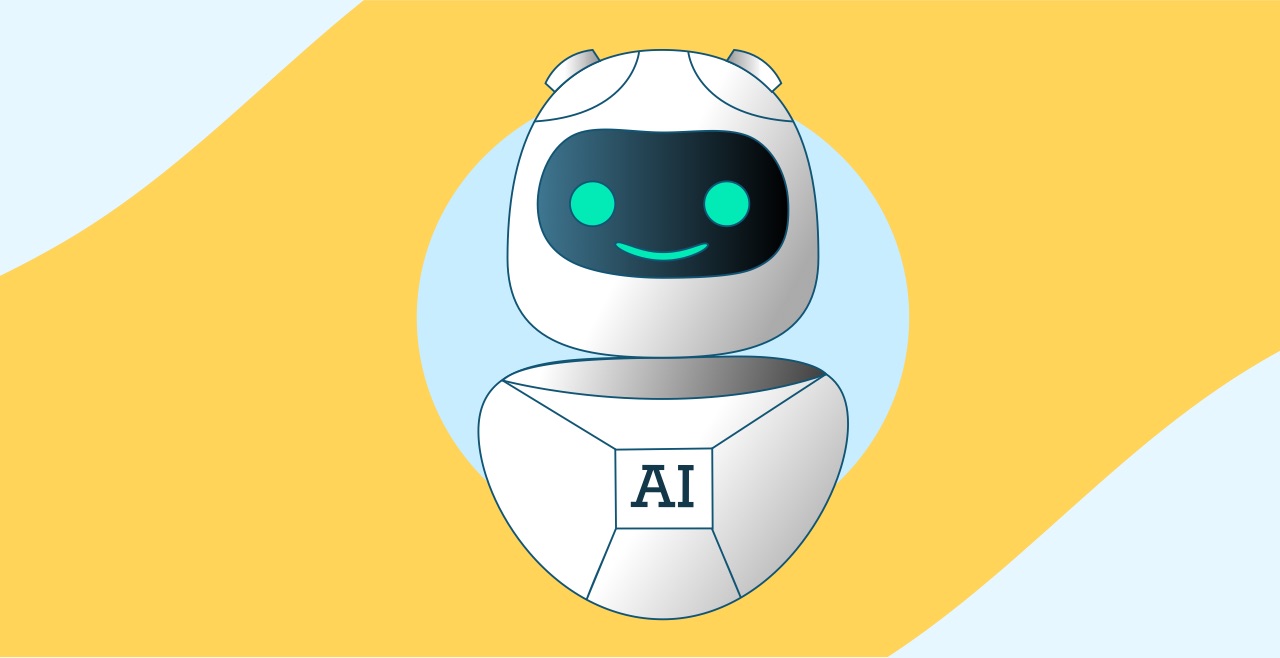As AI has been making headlines recently, many skeptics raised a series of fair questions when it comes to its safety and potential danger that it poses to the human workforce. While some of these concerns are completely substantiated, the fear and the lack of understanding of AI brought about various myths and rumors that are quite easy to debunk.
As the field of artificial intelligence continues to evolve, it is essential to address the misconceptions surrounding generative AI. This article will debunk some myths and shed light on the limitations and risks associated with generative AI models.
Misconception no. 1 - AI Will Render Human Labor Obsolete
The fear that AI will lead to mass unemployment is a common concern throughout technological history. However, historical evidence suggests that new technologies have ultimately led to increased productivity, job shifts, and the creation of new industries. While AI may replace certain routine tasks, it is also enhancing human productivity and generating new job opportunities. The challenge lies in equipping the workforce with the skills to adapt to a shifting job landscape.
AI can be a valuable tool in various fields, including medicine, where the collaboration of machines and humans has led to significant advancements. By leveraging AI technology, businesses can improve interactions with customers, streamline workflows, and create new opportunities.
Misconception no. 2 - Generative AI is Artificial General Intelligence
The misconception that generative AI models like ChatGPT possess "general" intelligence leads to exaggerated expectations about their capabilities. While ChatGPT and similar models display stunning natural language understanding, they are not capable of true general intelligence. The current applications of generative AI are limited in scope and can be prone to logical flaws, such as generating information that may not be accurate or grounded in reality. It is crucial to differentiate between generative AI and the broader concept of artificial general intelligence, which remains a significant technological challenge.
Misconception no. 3 - You should always rely on Generative AI’s output
The notion that generative AI models always produce correct output is far from the truth. These models can suffer from logical flaws and are at risk of hallucinating complete made-up or partially incorrect facts or statements. Relying solely on AI-generated content without human oversight and verification can lead to misinformation and unnecessary risks. Incorporating a human-in-the-loop protocol is crucial to ensure factual accuracy and prevent the propagation of unreliable information from generative AI models.
Misconception no. 4 - The Data I Upload is Safe
The belief that data shared with generative AI models remains completely safe can lead to data privacy and security risks. Models like ChatGPT utilize user-provided data to train and improve themselves, and in some cases, such data may become exposed or misused. High-profile incidents, like the Samsung leak, underscore the importance of being cautious with the data shared. Minimizing the potential impact of data exposure or unauthorized use requires careful consideration of the information shared with generative AI models.
Misconception no. 5 - AI Systems are Inherently Unexplainable "Black Boxes"
There is a common misconception that all AI systems operate as "black boxes," making their decision-making processes unexplainable. While certain AI models may seem opaque, researchers are actively working on developing methods and tools for explainability. These efforts aim to provide insights into why AI systems make specific decisions, enabling us to identify and address potential biases and improve transparency in their functioning.
Misconception no. 6 - AI, Machine Learning, and Deep Learning Are One and the Same
The prevailing myth that AI, machine learning, and deep learning are interchangeable terms often leads to confusion. In reality, AI refers to the broader concept of creating smart systems, while machine learning is a subset of AI that enables computers to learn patterns from examples rather than being explicitly programmed. Deep learning, on the other hand, is a specific technique within machine learning based on neural networks, inspired by the human brain's architecture. Understanding the distinctions among these concepts is crucial to grasp the true scope of AI technology.
Misconception no. 7 - AI Systems Are Only as Good as the Data They Train On
The belief that AI systems solely rely on training data can lead to concerns about the quality and fairness of their outcomes. However, while data is a crucial component of AI training, it is possible to address shortcomings in data through careful problem formulation, targeted sampling, synthetic data, and the incorporation of constraints into models. AI development requires a balanced combination of data, algorithms, hardware, and human talent.
Misconception no. 8 - AI Systems Are Inherently Unfair
The misconception that AI systems are inherently biased arises from the fact that they learn from human decision-making processes. Biases present in human decision-making can, therefore, be reflected in AI outcomes. However, with proper design and careful consideration of societal contexts, AI systems can be developed to mitigate and even combat unfair biases. Addressing AI fairness is a collective effort that involves both technological advancements and social awareness.
Misconception no. 9 - AI Is Approaching Human Intelligence
While AI has made significant strides in performing complex tasks, it remains narrow and lacks true agency or creativity. AI systems excel at specialized tasks, but they are far from possessing human-like intelligence. Techniques like transfer learning bring us closer to more adaptable AI systems, but achieving human intelligence remains a distant goal.
Use AI Wisely and Ethically
By debunking common myths surrounding AI, we gain a better understanding of its true potential and limitations. AI, machine learning, and deep learning each play distinct roles in the realm of technology, and understanding their nuances is crucial for informed decision-making and responsible deployment. While AI does bring challenges, it also offers immense opportunities for enhancing our lives, industries, and society as a whole. As we move forward, it is essential to remain vigilant, continuously innovate, and ensure that AI is developed and utilized ethically for the benefit of humanity.



